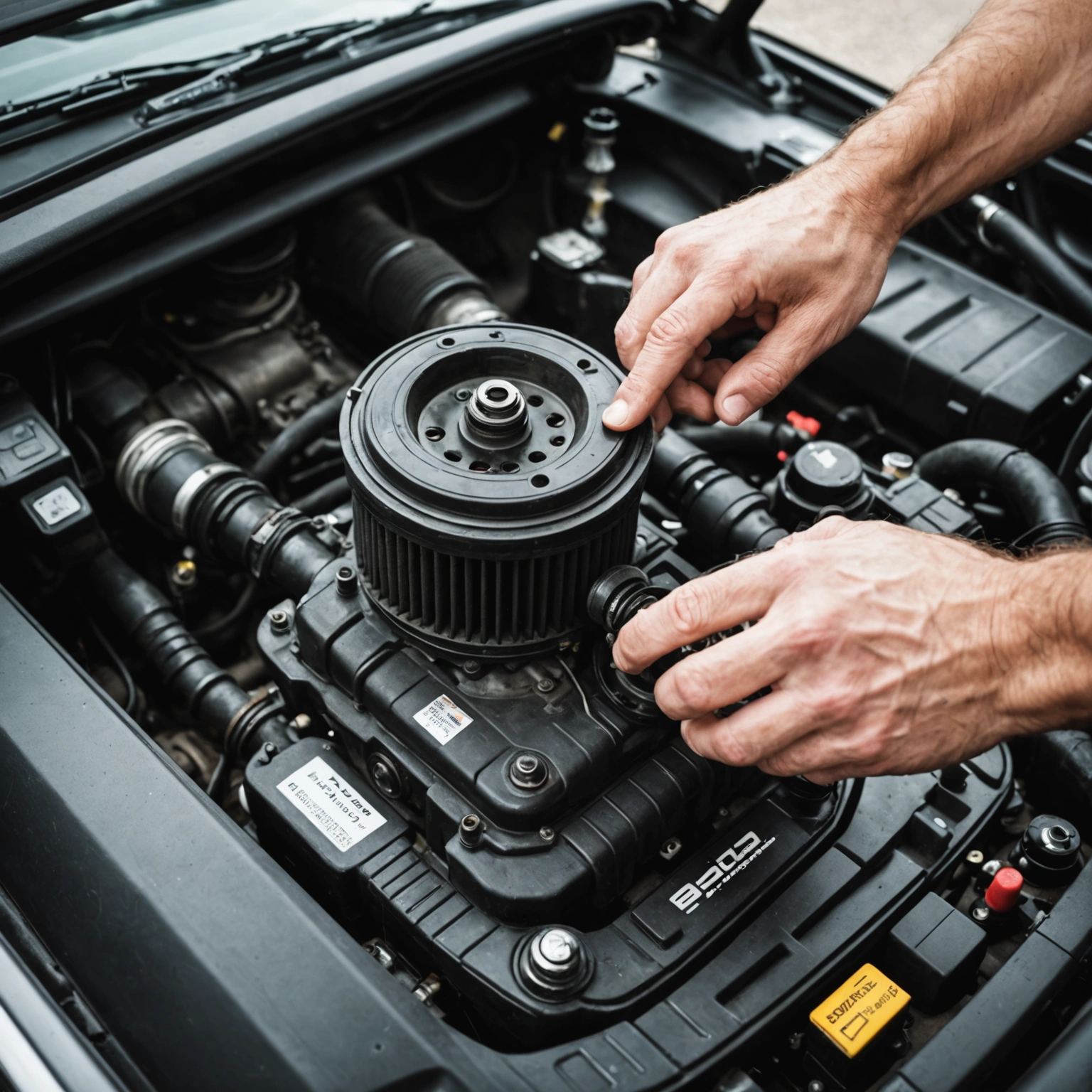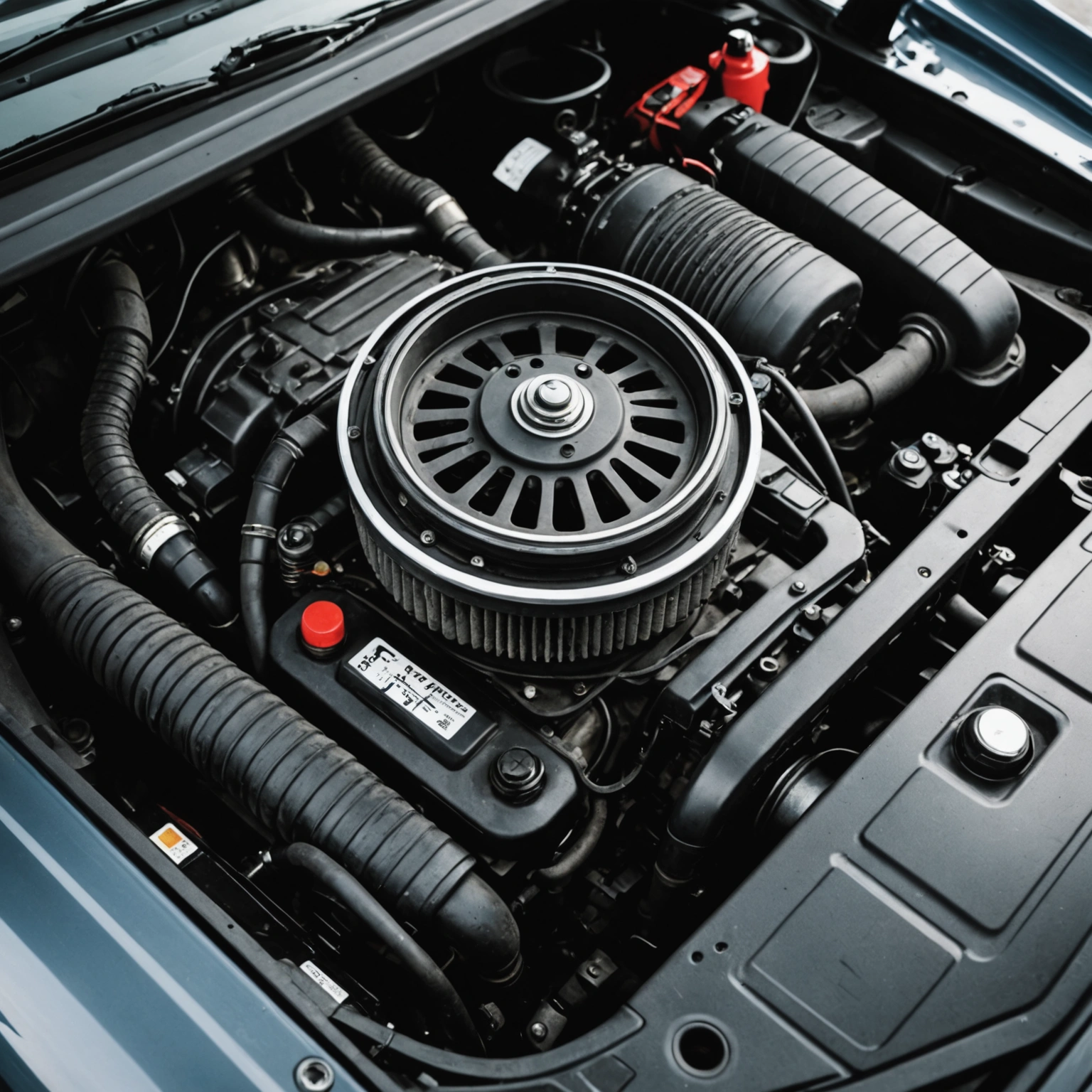**Why Does My Car Shake When I Turn It On? Causes and Solutions**
Experiencing a shaking or vibrating sensation when you start your car can be unsettling. While it might be a minor issue, it can also indicate underlying problems that could affect your vehicle’s performance and safety. Understanding the common reasons behind this phenomenon can help you diagnose and address the issue promptly.

### Common Causes of Car Shaking When Turning On
**1. Engine Mounts Worn or Damaged**

Engine mounts secure the engine to the vehicle’s frame and absorb vibrations. If these mounts are worn, cracked, or broken, you might notice increased engine vibrations, especially during startup.
**2. Dirty or Faulty Fuel Injectors**

Clogged or malfunctioning fuel injectors can cause uneven fuel delivery, leading to rough idling and vibrations when starting the engine.
**3. Ignition System Issues**

Problems with spark plugs, ignition coils, or the ignition timing can cause misfires, resulting in shaking or rough idling during startup.
**4. Vacuum Leaks**
A vacuum leak in the intake manifold or hoses can disrupt the air-fuel mixture, causing the engine to run unevenly and shake when turned on.
**5. Dirty Throttle Body or Idle Air Control Valve**
A buildup of carbon or dirt can impair the throttle body’s operation, leading to rough starts and vibrations.
**6. Worn or Unbalanced Engine Components**
Components such as the crankshaft, pistons, or connecting rods that are worn or damaged can cause vibrations that are noticeable during engine start-up.
**7. Suspension or Tire Issues**
While less common during startup, uneven tire wear, misalignment, or suspension problems can cause vibrations that might be felt when the car begins to move or when turning the ignition on, especially if the vehicle is already in gear or if the engine’s vibrations are transmitting through the chassis.
—
### What Should You Do If Your Car Shakes When You Turn It On?
**1. Inspect and Replace Worn Engine Mounts**
A mechanic can check the mounts for damage and replace them if necessary.
**2. Check and Clean Fuel Injectors**
Fuel system cleaning or injector replacement can improve fuel delivery and smooth out idling.
**3. Examine Ignition Components**
Replacing worn spark plugs or faulty ignition coils can resolve misfire-related shaking.
**4. Inspect for Vacuum Leaks**
A mechanic can perform a vacuum test to identify and repair leaks.
**5. Clean the Throttle Body and Idle Control Valve**
Regular cleaning can restore proper idle and reduce vibrations.
**6. Perform a Full Vehicle Diagnostics**
Using specialized tools, a technician can identify issues with engine sensors or other components that might cause rough starts.
—
### When to Seek Professional Help
If your car continues to shake despite basic maintenance, or if the shaking worsens, it’s essential to have a professional mechanic diagnose the problem. Ignoring persistent vibrations can lead to more severe engine damage or safety concerns.
—
### Final Thoughts
A shaking car on startup can stem from various issues, ranging from minor to serious. Regular maintenance, timely inspections, and addressing symptoms early can keep your vehicle running smoothly and safely. If you’re unsure about the cause, don’t hesitate to consult a trusted automotive professional for a thorough diagnosis.
—
**Stay safe and keep your vehicle in top shape!**

